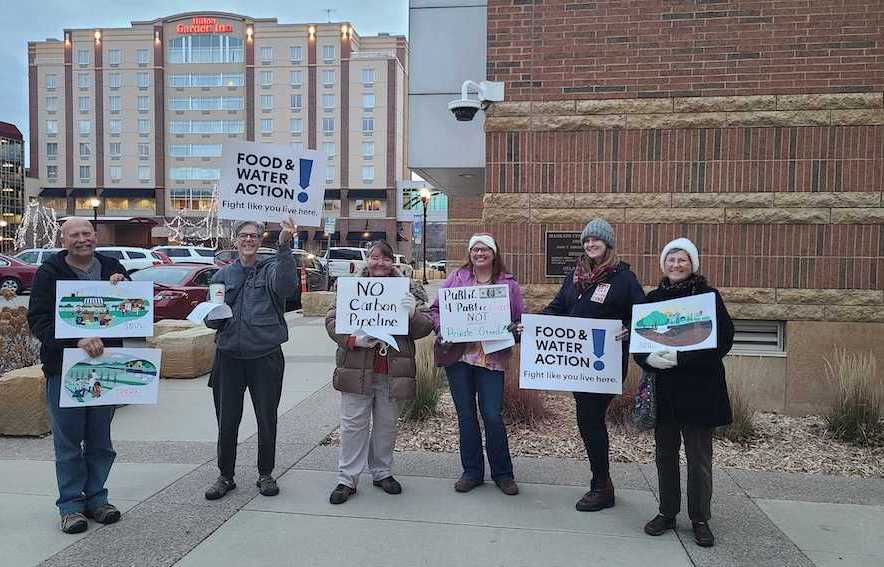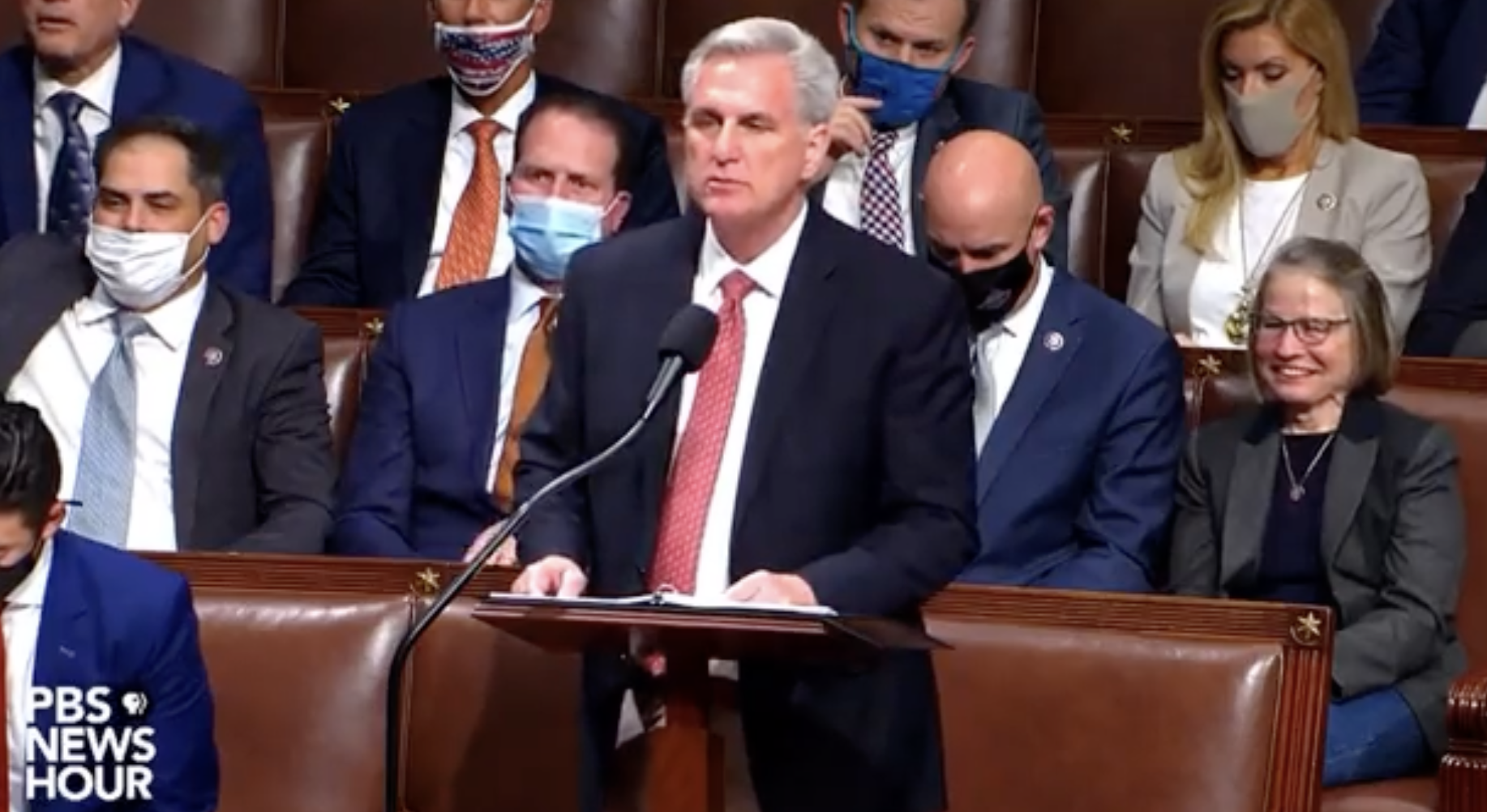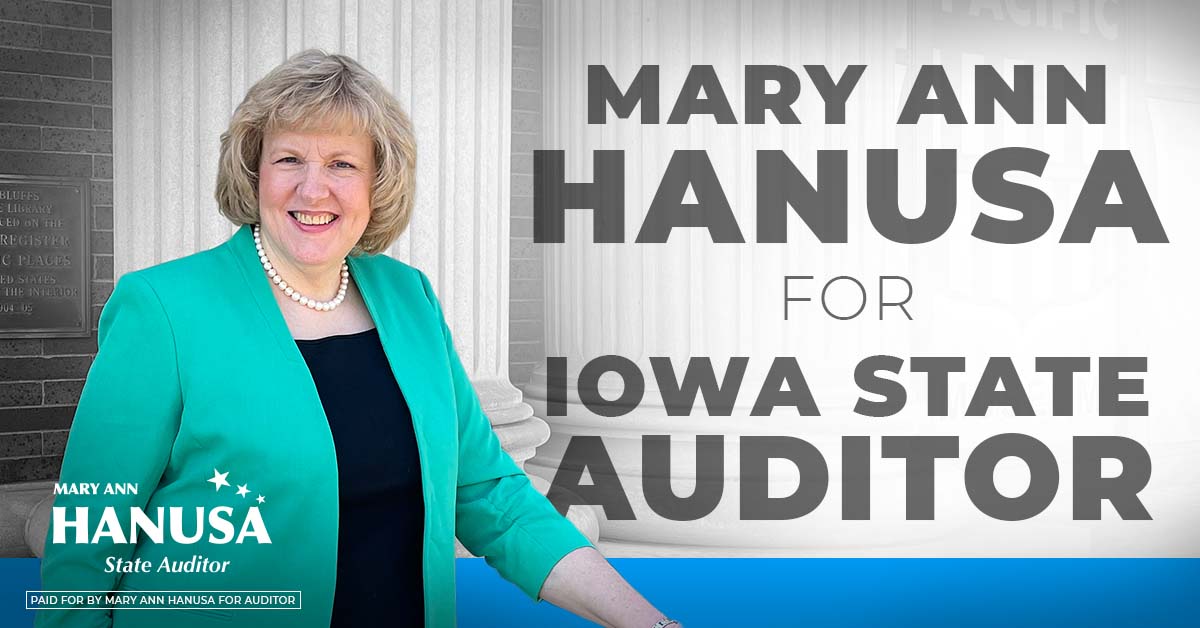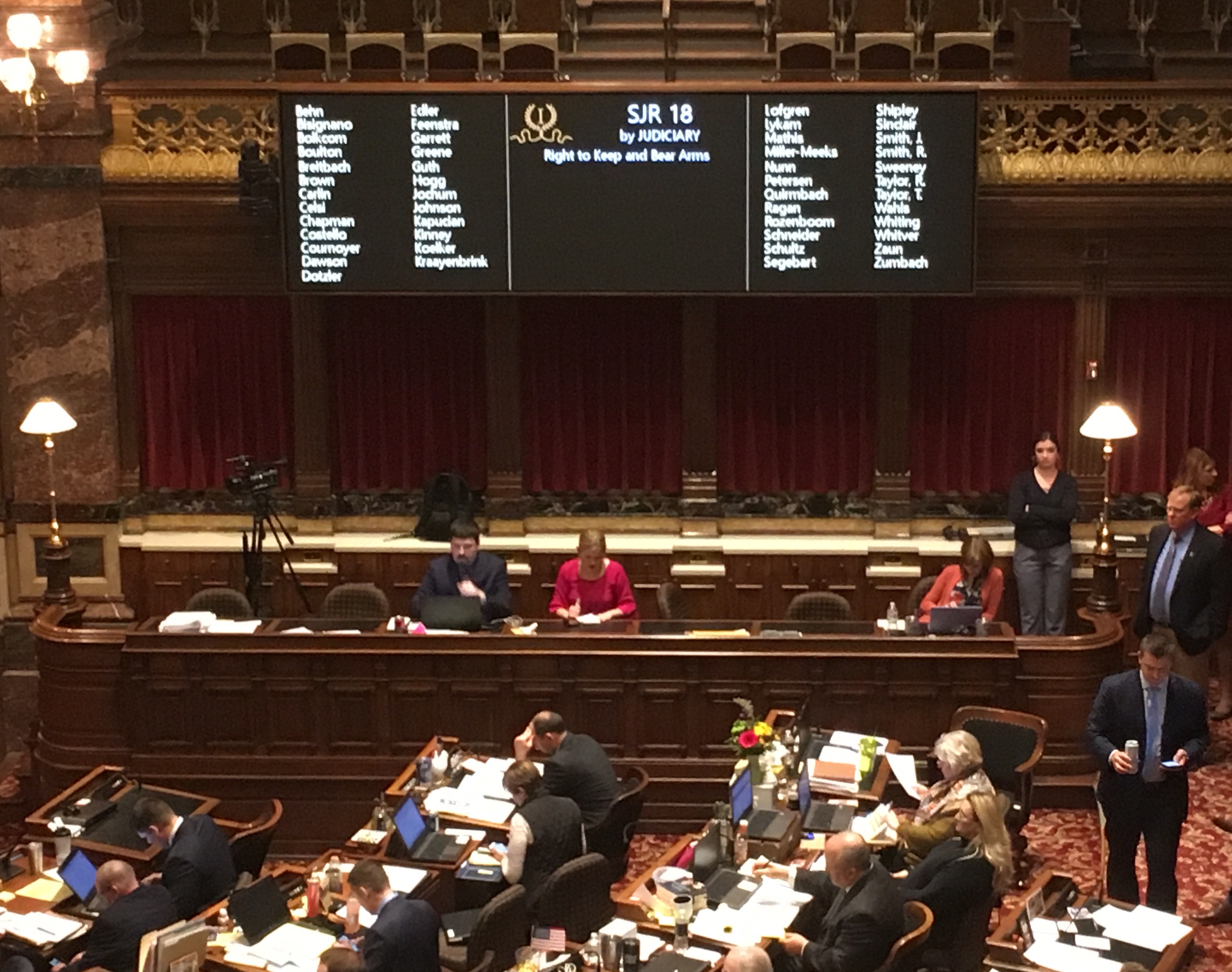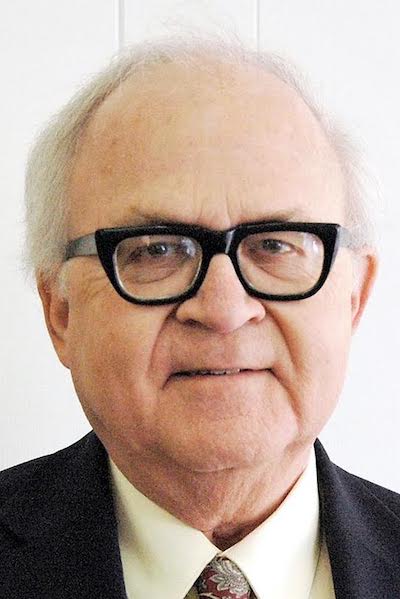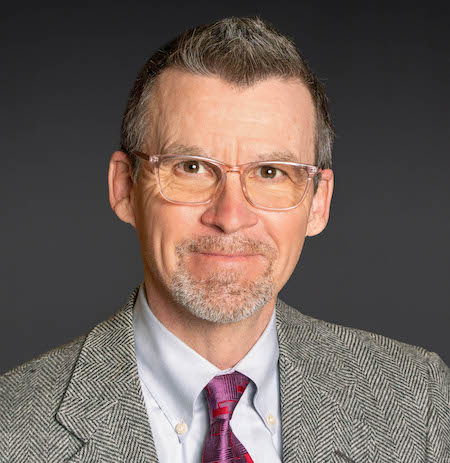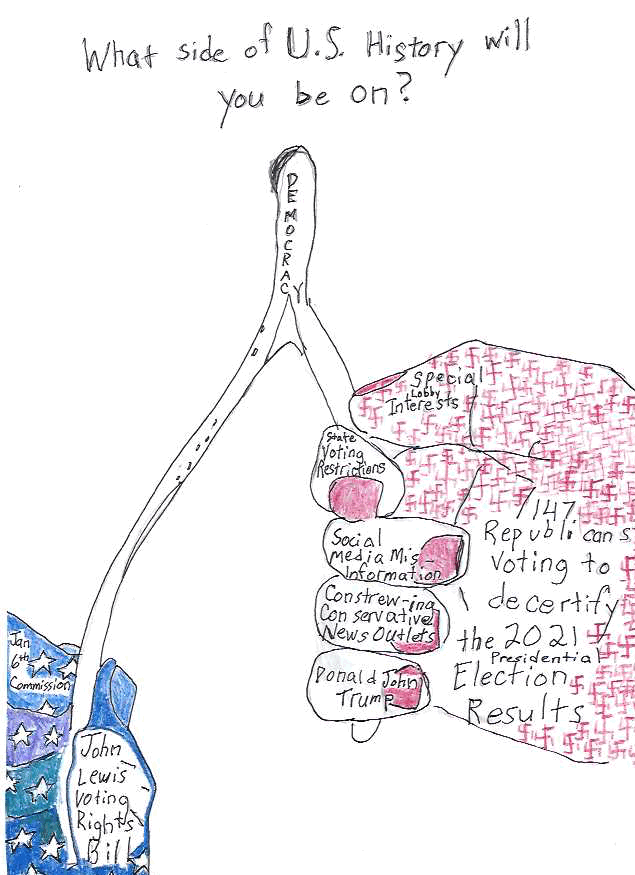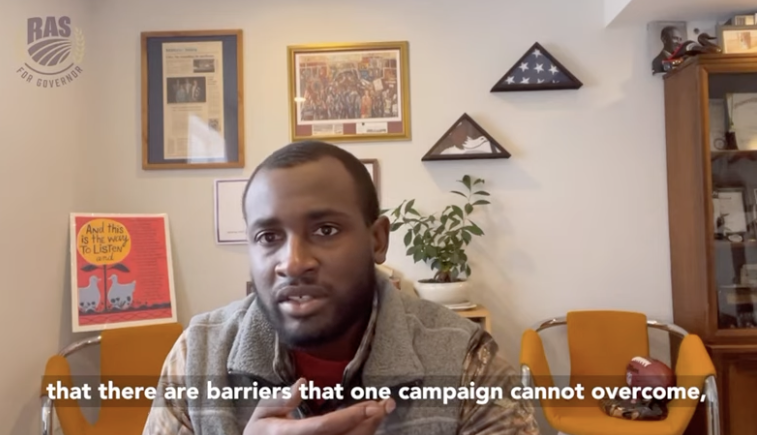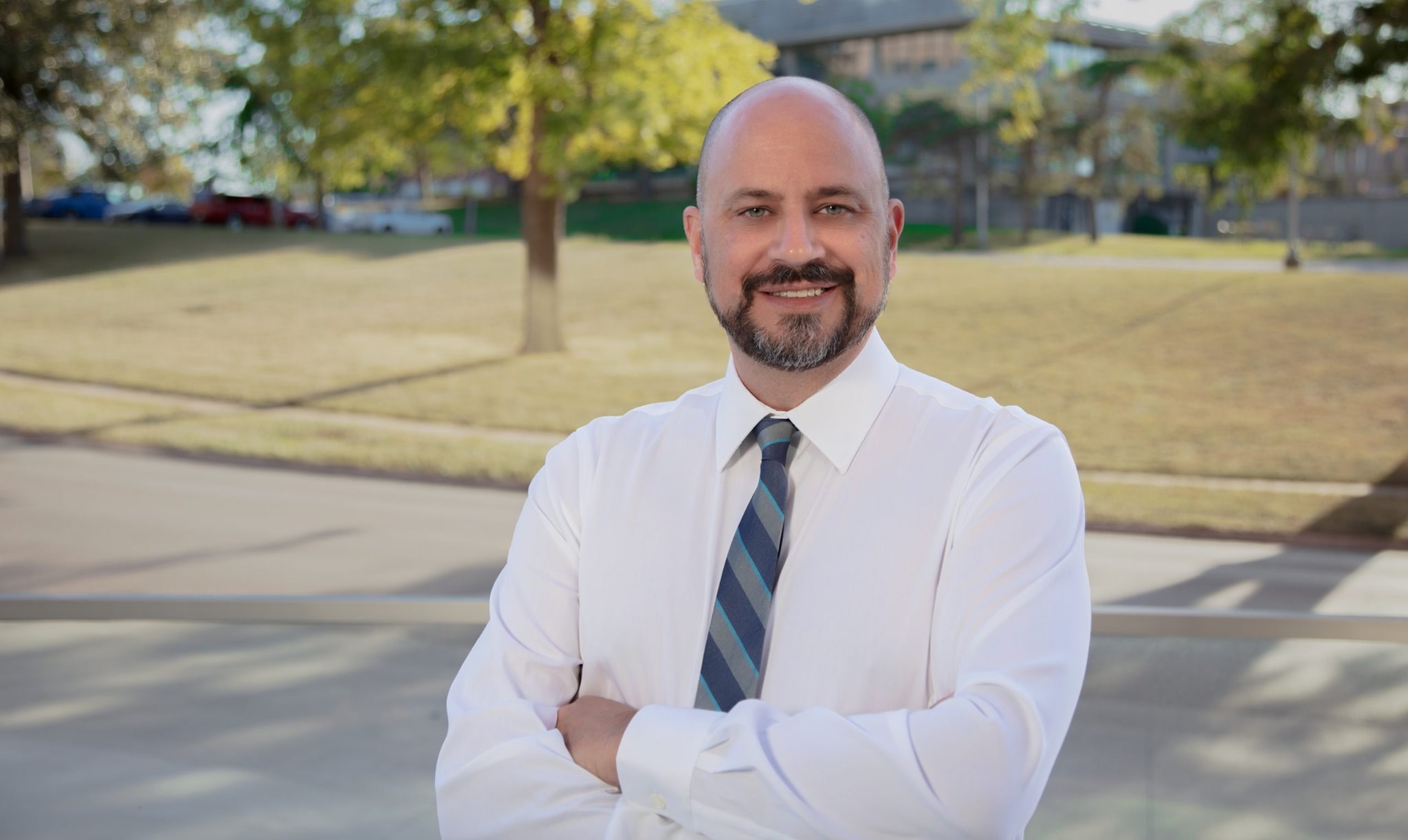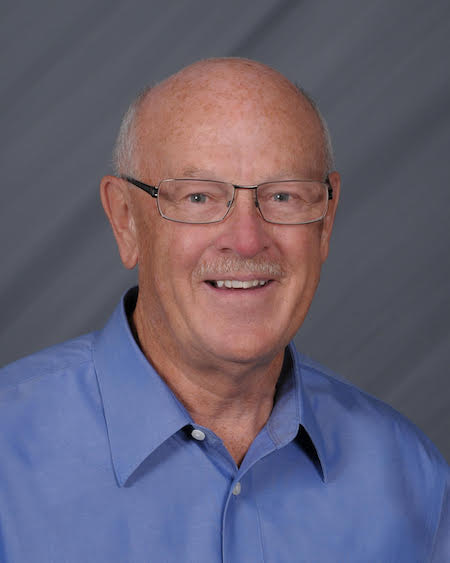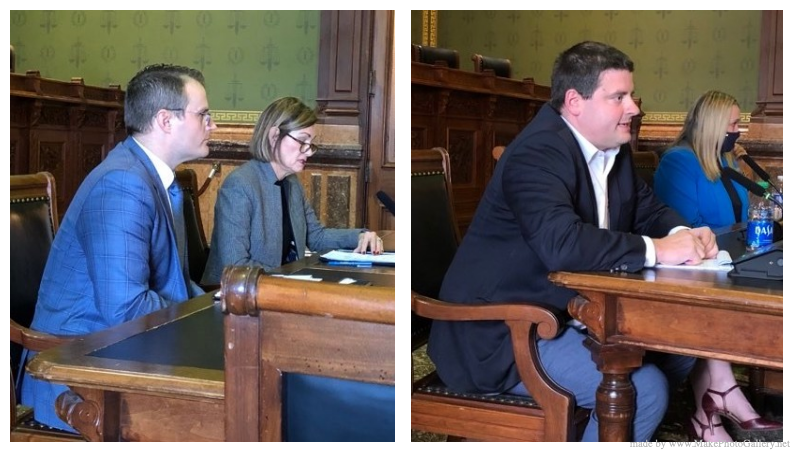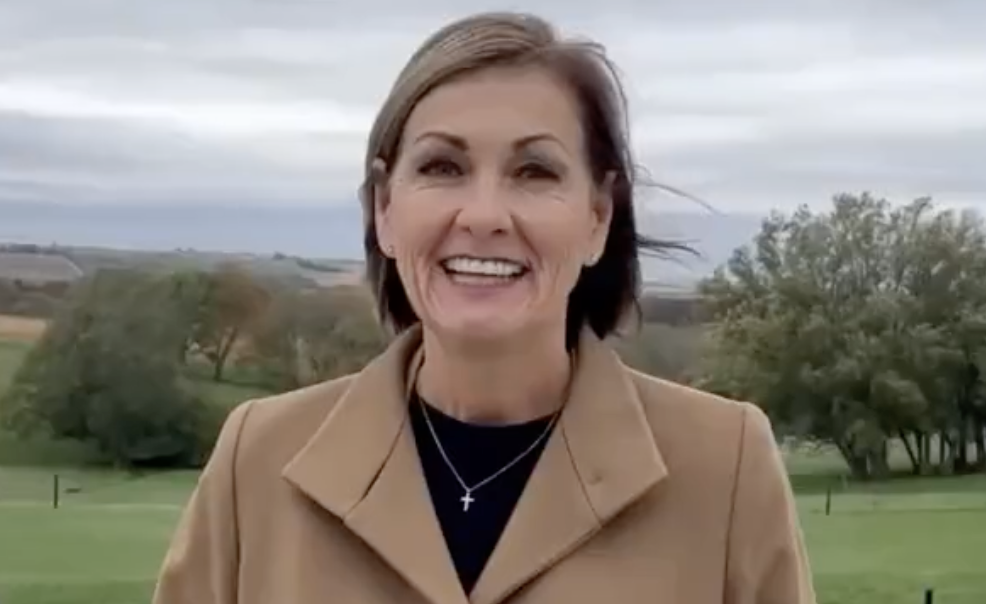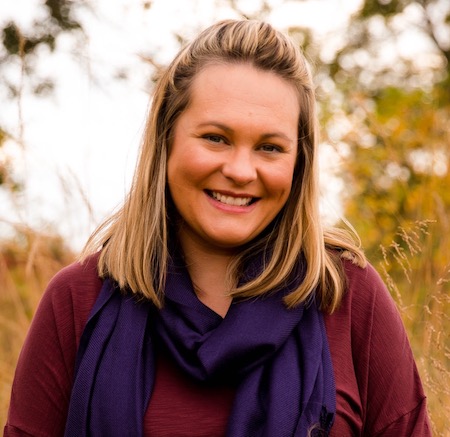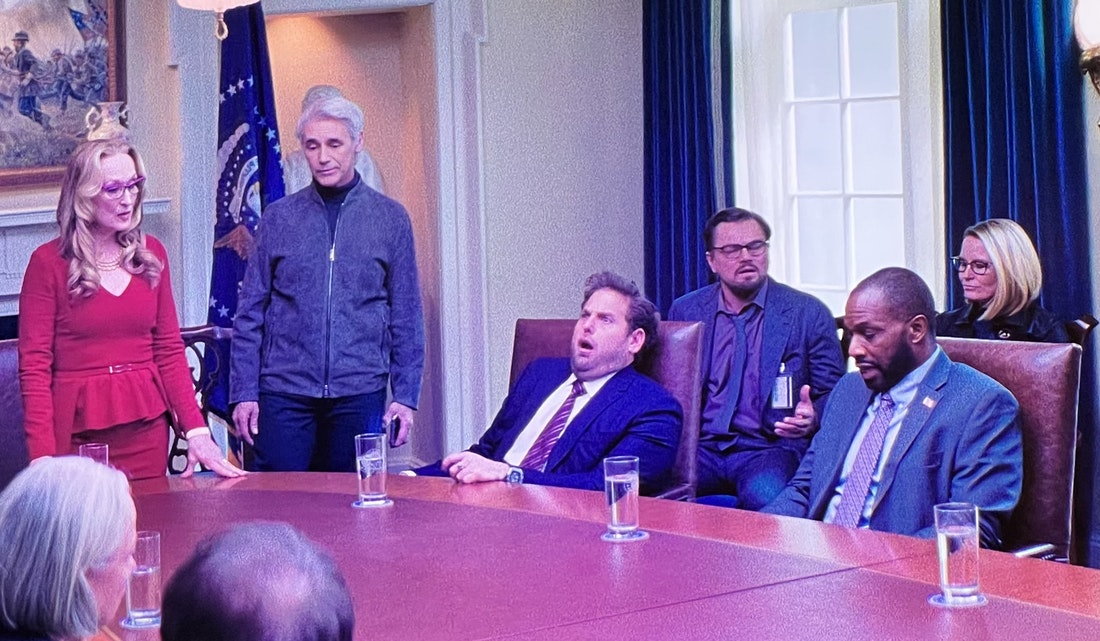This post was co-authored by Emma Schmit, Food & Water Watch; Jess Mazour, Sierra Club Iowa Chapter; Caitlin Golle, Iowa Citizens for Community Improvement; Mahmud Fitil, Great Plains Action Society; and Angie Carter, Women, Food and Agriculture Network.
Virtually unknown two months ago, proposed hazardous liquid carbon pipelines are the latest environmental disaster to hit Iowa’s newspaper headlines. Threatening everything from peoples’ lives to their land and our climate, it’s no surprise these pipelines have garnered mass opposition from the get-go, uniting Iowans of all stripes.
On behalf of the 73,000 Iowans we represent, with members in every county, we oppose carbon capture pipelines. Carbon pipelines are a danger to Iowans and our land, a false climate solution, and a distraction from the real work of reforming our agricultural and energy sectors to combat the looming climate emergency. They are an affront to our shared vision for Iowa’s future — where communities work together to protect our water, land and climate for future generations and those who live downstream.
Continue Reading...
